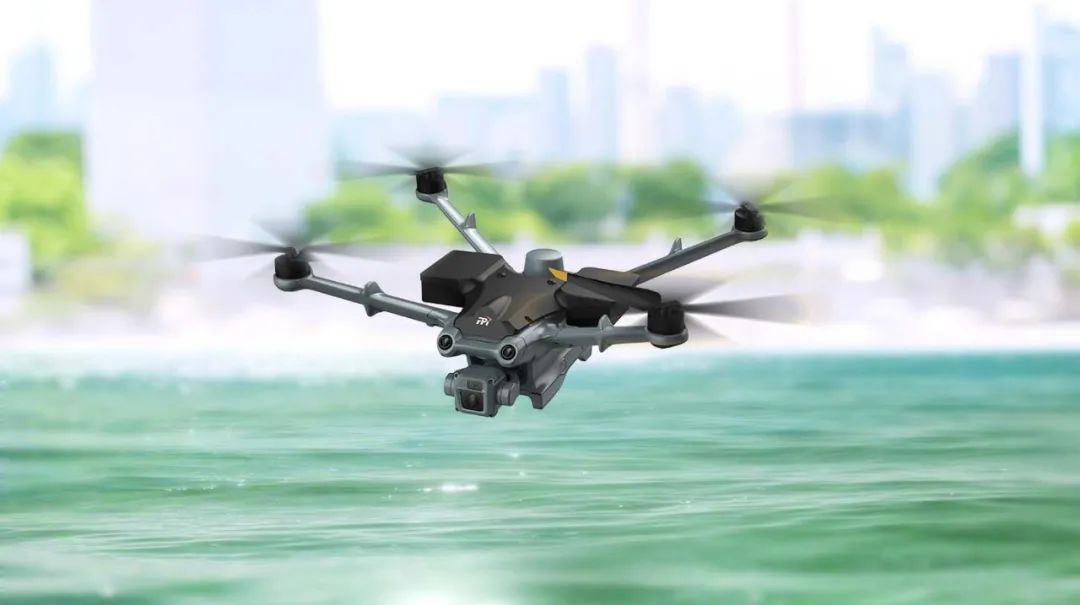In today’s rapidly evolving technological landscape, AI and drones have become pivotal tools in reshaping industries and enhancing modern applications. Artificial Intelligence (AI) plays a crucial role in optimizing drone technology, leading to advancements that were previously thought to be science fiction. These autonomous flying machines, powered by AI, enable efficiency in various sectors, offering innovative solutions that are transforming the way businesses operate.
AI’s Influence on Drone Technology
AI algorithms are integral to the development of smart drones, allowing them to perform complex tasks autonomously. Through machine learning, drones can analyze vast amounts of data, learn from experiences, and make decisions without human intervention. This capability is particularly useful in fields like aerial photography, agriculture, logistics, and disaster management, where precision and adaptability are paramount.
One of the most significant advancements is in perception enhancement. AI empowers drones to detect and recognize objects and environments with remarkable accuracy. Computer vision, a subset of AI, aids drones in identifying obstacles, mapping terrains, and even categorizing vegetation for agricultural optimization. Such features support operations in inspecting infrastructure, surveying remote areas, and monitoring wildlife.
Innovative Applications across Various Industries
The fusion of AI and drones has led to groundbreaking applications across multiple sectors. In agriculture, AI-driven drones are used for crop monitoring, soil assessment, and applying precise amounts of fertilizers. This precision agriculture technique not only improves yield but also reduces waste and environmental impact.
In the logistics domain, AI enhances drone delivery systems, ensuring parcels are delivered swiftly and securely. By using AI, drones can navigate complex urban environments, evade obstacles, and optimize delivery routes, which significantly reduces delivery times and operational costs.
Disaster management is another domain benefiting from this technology. AI-powered drones are deployed to assess damage, track rescue operations, and deliver essential supplies. Their ability to reach inaccessible areas quickly and relay real-time data is crucial in life-saving missions.
Challenges and Considerations
While the integration of AI in drone technology presents numerous advantages, it also brings challenges that need to be addressed. Privacy concerns, regulatory hurdles, and technological limitations such as battery life and payload capacity are critical areas of focus. As drones become more prevalent, frameworks for responsible deployment and data use become increasingly important.
Furthermore, the reliance on AI necessitates the need for robust cybersecurity measures. Protecting both the drone and its data from malicious actors is crucial to maintain operational integrity and safeguard sensitive information.
FAQ Section
- What are the benefits of integrating AI with drones?
- AI integration improves precision, operational efficiency, and adaptability, allowing drones to perform complex tasks autonomously.
- How do AI-powered drones enhance agriculture?
- They monitor crop health, assess soil conditions, and apply fertilizers optimally, leading to improved yield and reduced environmental impact.
- Are there privacy concerns with AI and drones?
- Yes, as they can collect sensitive data, it’s essential to implement strict regulatory measures to protect individual privacy.

The transformative impact of AI on drone technology continues to unfold, promising a future where these intelligent machines are deeply integrated into our daily lives and industries. With ongoing advancements and careful consideration of ethical challenges, AI and drones will undoubtedly play a significant role in shaping the future of technology.